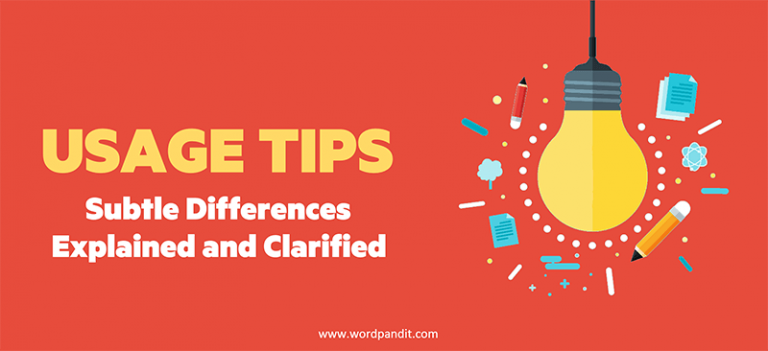Either vs. Ether: Clearing Up the Confusion ✨
Ever found yourself hesitating between “either” and “ether”? 🤔 You’re not alone. These two words may sound similar, but they couldn’t be more different in meaning. One deals with choices, and the other is a substance straight out of a chemistry lab. 🧪 Let’s break it down so you never mix them up again. 📝 Whether you’re trying to decide between two options or learning about historical anesthetics, understanding the difference between these words can save you from some awkward situations.
Either: The Power of Choice 🔀
- Definition: Either (ˈai-thər or ˈee-thər) is used to refer to one or the other of two options or possibilities. It indicates a choice between two distinct options and emphasizes that either one is acceptable.
- Etymology: The word comes from Old English “æghwæðer,” which roughly means “each of two.” Its history gives away its nature—either is always about two. ✌️ In the past, people used “either” to highlight a sense of flexibility, something that persists to this day.
- Usage Examples:
- You can either have pizza or pasta for dinner. 🍕🍝 No matter which you choose, you’re going to have a great meal!
- I’m fine with either option, you decide. 🤷♂️ This phrase is often used to show that both options are equally acceptable, and the decision can be left to someone else.
- Synonyms & Antonyms:
- Synonyms: Any one, one of two 🟢 You might also hear people use phrases like “whichever” in similar contexts.
- Antonyms: Neither ❌ “Neither” is used when you want to reject both options instead of choosing one.
Ether: The Chemistry Connection 🧪
- Definition: Ether (ˈee-thər) is a clear, flammable liquid used historically as an anesthetic or a chemical compound with an oxygen atom bonded to two alkyl or aryl groups. It has a strong odor and was widely used in early medical procedures.
- Etymology: Ether has roots in Latin and Greek. The Greek word “aithēr” referred to the clear sky or upper air—something light and intangible. ☁️ This origin gives “ether” an otherworldly quality, as if it belongs to a realm beyond our grasp.
- Usage Examples:
- The doctor used ether to sedate patients in the 19th century. 🧛♂️💤 Back then, it was one of the few options available to perform surgeries without causing unbearable pain.
- The mysterious smell was traced back to an ether compound in the lab. 🔍 Ethers are often used in organic chemistry and can sometimes have distinct odors.
- Synonyms & Antonyms:
- Synonyms: Solvent, anesthetic ⚗️ Ethers are known for their use as solvents in various chemical reactions.
- Antonyms: There are no direct antonyms for ether, as it’s a specific chemical term. However, you could contrast it with “acid” in certain contexts where chemical behavior differs.
Comparison and Contrast: Either vs. Ether ⚖️
While “either” deals with options, “ether” is all about chemistry. 🧪 Imagine someone saying, “I’ll take either” while standing in front of two chemical bottles labeled “Ether.” You’d probably want to clear up that confusion fast—one bottle involves a choice, while the other could knock you out! 😵💫 The main distinction here is that “either” is always about selecting between two possibilities, whereas “ether” refers to something tangible yet elusive, often used in scientific settings.
Contextual Usage 📚
“Either you grab the right bottle, or you’ll end up inhaling ether by mistake.” 😬 This sentence shows both words in action: “either” presents a choice, while “ether” is the chemical compound. It emphasizes the need to be cautious and make informed decisions, especially when dealing with substances that could pose a risk.
Mnemonic Device 🧠
Think of either as being about “options” (“o” for option), and ether as being “ethereal” or otherworldly, which hints at its airy, light quality. 🌌 You could also imagine “ether” floating in the air, like a vapor, while “either” stands on the ground, ready to make a choice. The visual connection can help solidify the distinction between these two words.
Other Confusing Word Pairs to Explore 🔄
- Affect vs. Effect ⚖️ These two are often mixed up due to their similar sounds but different grammatical roles.
- Compliment vs. Complement 💬✨ Whether you’re giving praise or completing something, it’s important to use the right term.
- Discrete vs. Discreet 🔍🕵️♀️ One means “separate,” while the other means “subtle.” Make sure you don’t confuse them!
Conclusion 📝
The next time you see “either” or “ether,” remember: one offers choices, the other might be found in a chemistry set. 🧪 Understanding these differences will keep you from making a potentially confusing (or even dangerous!) mistake. 🚫💥 Words can be tricky, but with a little bit of attention, you can master even the most confusing ones. Keep learning, and soon these distinctions will feel natural!
Quick Quiz to Reinforce Your Learning 📝🧠
1. You can take ___ route to get to the museum.
2. In the old days, ___ was used as an anesthetic.
3. Ether is a word that can be used to indicate a choice.
4. Which of the following is a synonym for “either”?
5. In the 1800s, ___ was commonly used in surgeries.
6. You must choose ___ option, but don’t mistake it for ___, which was once used in anesthesia.
7. Either can be used to refer to more than two options.
8. Which word is related to something ethereal or light in quality?











